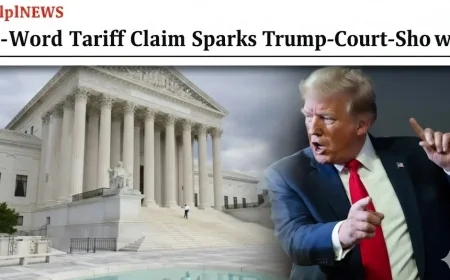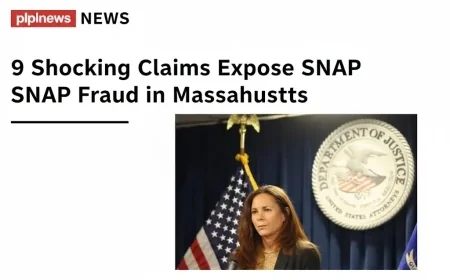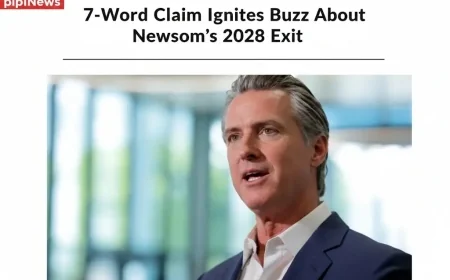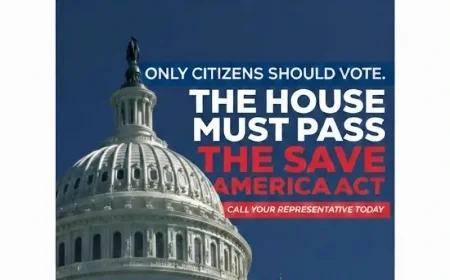The Supreme Court will consider a long-term effort to overturn the same-sex marriage precedent
The Supreme Court will meet behind closed doors Friday to consider a longshot bid to overturn its decade-old same-sex marriage precedent
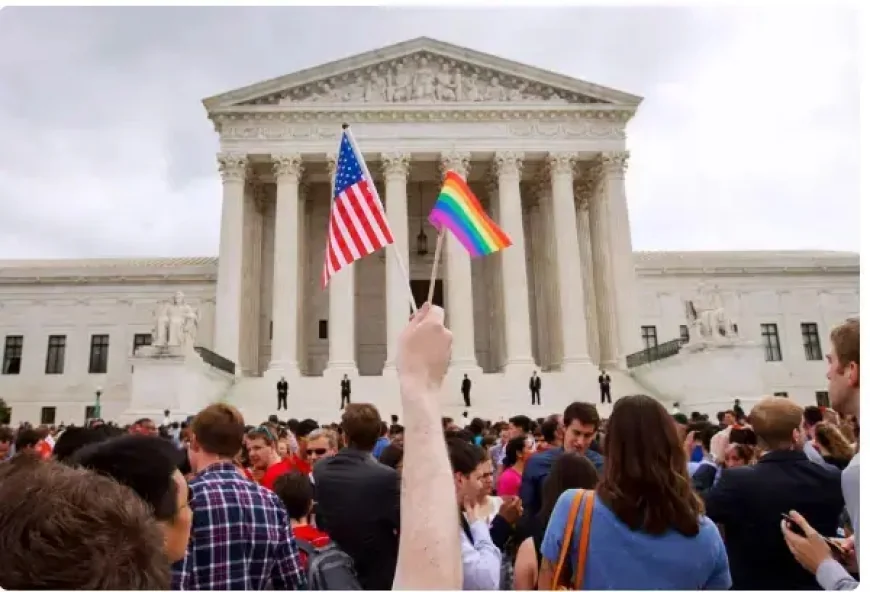
The Supreme Court will meet behind closed doors on Friday to consider a long-shot attempt to overturn its decade-old gay marriage ruling. It's an appeal that is raising fears among some LGBTQ advocates, while the justices themselves have repeatedly signaled little willingness to reopen the landmark decision.
The pending appeal is on behalf of former Kentucky county clerk Kim Davis, who refused to issue marriage licenses after the Supreme Court's blockbuster 2015 decision, Obergefell v. Hodges, allowing same-sex couples to legally marry. Davis, who has fought her case for years, has directly requested the court overturn that decision.
“The time has come,” Davis argued in a recent filing, for a “course correction.”
The Supreme Court will meet on Friday, as it often does this time of year, to consider which appeals will be heard and which will be dismissed in the coming months. Davis's appeal is one of dozens of cases the justices will consider in that private meeting, and the court could announce its decision on the matter as early as Monday.
It could also delay the appeal for weeks, which often happens when one or more justices want to write their opinion on the decision to dismiss a case.
“I am very concerned,” James Obergefell, the namesake of the landmark precedent, told CNN this week. “At this point I do not trust the Supreme Court.”
It is true that today’s Supreme Court is different – and far more conservative – than the one that decided Obergefell a decade ago. Justice Anthony Kennedy, the key swing vote who authored that decision, retired in 2018 and was replaced by Justice Brett Kavanaugh, a far more reliable vote for conservative outcomes.
Justice Ruth Bader Ginsburg, a liberal icon who was also in the Obergefell majority, died in 2020 and was succeeded by Justice Amy Coney Barrett, a conservative.
But despite public criticism of the opinion from a few conservative justices – including a sharply written concurring opinion three years ago from Justice Clarence Thomas, who called on his colleagues to “reconsider” same-sex marriage – plenty of other signs suggest the court is not ready to rethink the issue so soon after deciding it.
As she promoted a new memoir this fall, Barrett was repeatedly asked about Obergefell. While she repeatedly swerved around those questions, she told the New York Times last month there are “very concrete reliance interests” at stake when it comes to same-sex marriage.
One of the factors the Supreme Court considers when weighing the possibility of overturning a precedent is whether Americans have come to rely on the decision. In the case of same-sex marriage, those considerations could include factors like child custody and financial planning.
Justice Samuel Alito also discussed the 2015 decision last month, criticizing it as inconsistent with the originalist legal philosophy that the court’s conservatives today widely embrace. And yet Alito, who dissented in Obergefell, was careful to caution his audience not to read too much into his words.
“In commenting on Obergefell, I am not suggesting that the decision in that case should be overruled,” Alito said during a lecture in Washington, DC.
“Obergefell is a precedent of the court that is entitled to the respect afforded by the doctrine of stare decisis,” Alito said, using the Latin term for the principle of the importance of adhering to precedent.
Following the Obergefell decision, massive celebrations erupted outside the Supreme Court. That evening, the White House was illuminated with rainbow lights. The next day, many same-sex couples flocked to courthouses to marry. According to the Williams Institute at the UCLA School of Law, nearly 600,000 same-sex couples have married since then.
But some religious conservatives saw the decision as a betrayal. Davis, who was then the clerk of Rowan County, Kentucky, cited her religious objection to same-sex marriage as justification for denying marriage licenses to all couples. Several couples in the county sued her, and a jury awarded her $100,000 in damages and much more in legal fees. A federal court found that Davis had violated a court order to issue licenses, leading to several days in jail.
Although almost all attention on Davis's appeal has focused on his request to overturn the Obergefell case, the bulk of his case involves less dramatic questions. Appealing the damages award, Davis argues that the First Amendment's religious protections should protect him from legal liability, especially since he is no longer a government official. The Sixth U.S. Circuit Court of Appeals rejected this argument.
Theoretically, the Supreme Court could consider that technical—though still important—question and deny Davis's request to consider overturning the Obergefell case.
Four justices are required to accept an appeal, but this number defies practical reality. A majority requires five justices, meaning that even if four justices want to hear a case, they would still have to consider whether they can find the fifth vote to win.
Perhaps the more important question is whether Davis's petition is the beginning of a long campaign against Obergefell that will gradually escalate, similar to the ultimately successful effort by conservatives to overturn Roe v. Wade. On the one hand, cultural and political attitudes on gay marriage have changed significantly over the past decades. Three years ago, Congress passed a federal law protecting gay and interracial marriage with bipartisan support.
But opposition to it persists among some religious groups, which have seen considerable success at the Supreme Court in recent years.
“If not this case, it’s going to be another case,” said Mathew Staver, the founder and chairman of Liberty Counsel, a religious legal group representing Davis. “In my view, it’s not a matter of if but when it will be overturned.”
Mary Bonauto, a veteran civil rights attorney at GLAD Law who argued the Obergefell case, said she wasn’t surprised by that view.
“I’m not taking my eye off this issue, and neither is my organization,” Bonauto said. “You can never really rest on your laurels because other forces just don’t give up.”
What's Your Reaction?
 Like
0
Like
0
 Dislike
0
Dislike
0
 Love
0
Love
0
 Funny
0
Funny
0
 Angry
0
Angry
0
 Sad
0
Sad
0
 Wow
0
Wow
0


